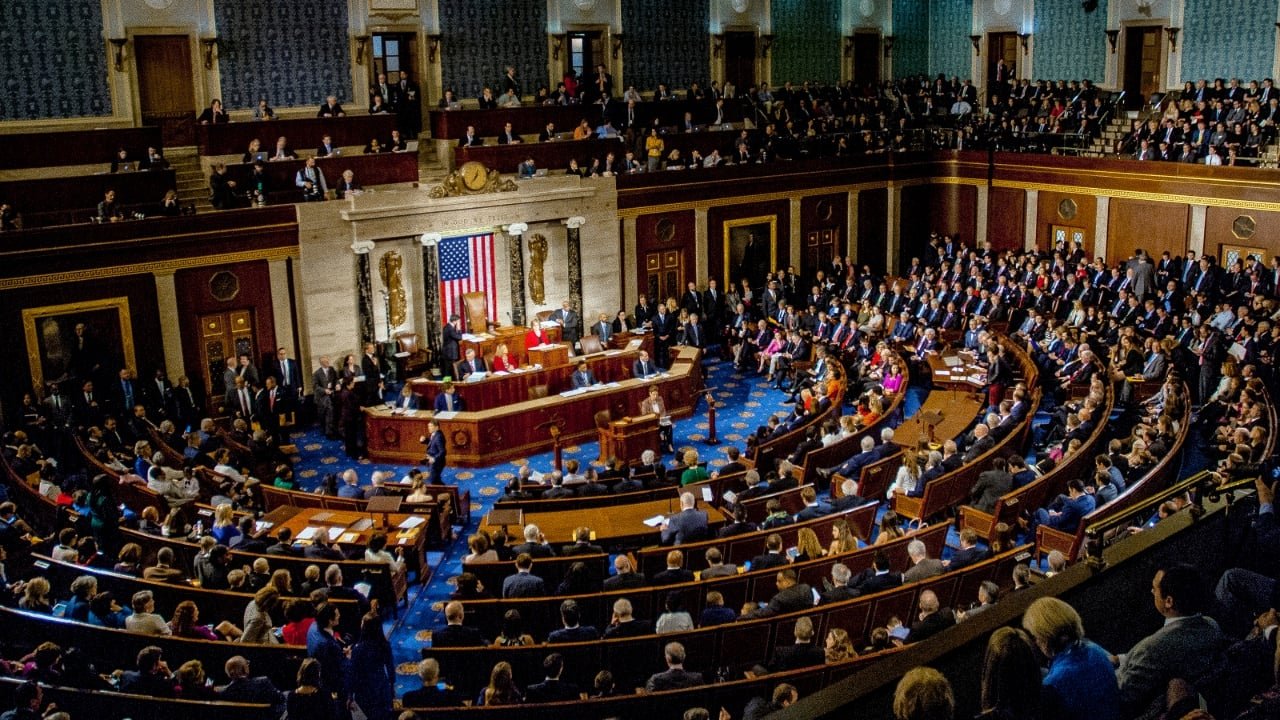Despite Volatility, Analysts See Continued Rally for XRP Amid Legal
Central Bank of Nigeria Adopts Stringent Rules for Crypto Transactions
(Originally posted on : Crypto News – iGaming.org )
The Central Bank of Nigeria (CBN) has made a tactical change by enforcing strict controls on banks that deal with virtual assets instead of outright prohibiting cryptocurrencies. The necessity to adapt to worldwide trends that embrace blockchain technology and digital assets is what is causing this change.
Regulatory Measures for Crypto Operators
Virtual asset service providers, such cryptocurrency exchanges and digital asset brokers, are only permitted to create bank accounts denominated in the Naira, the local currency, according to the CBN’s new regulations. This measure differs from Nigeria’s prior general prohibition on cryptocurrency transactions.
Cash withdrawals from these cryptocurrency-related accounts are severely forbidden under the new regulations. Furthermore, businesses operating in this industry are prohibited from using their cryptocurrency accounts to pay third-party checks. The CBN is exercising caution by allowing only two categories of withdrawals each quarter.
Nigeria has changed its regulatory approach to cryptocurrencies significantly. The most populous nation in Africa removed the restriction on cryptocurrency transactions in December. This ruling cleared the path for cryptocurrency companies to get business licenses and gave banks the authority to offer services to operators of virtual assets.
The CBN still views cryptocurrencies with caution despite the move toward regulation. The central bank still forbids banks from trading digital assets or retaining cryptocurrency holdings. This cautious attitude stems from worries about financial dangers and fraud in the cryptocurrency market.
New players only. 17% on 1st Deposit + $75 Risk Free Bet
Notable news: a group of regional financial institutions and blockchain companies are actively creating cNGN, Nigeria’s first regulated stablecoin. Like the digital currency issued by the central bank, eNaira, this one also seeks to offer stability and regulatory monitoring.
Nigeria launched eNaira, a digital currency issued by the central bank, before investigating the potential of controlled stablecoins (CBDC). The introduction of eNaira by the CBN fits with a global trend in which central banks are investigating and utilizing digital currencies.
Nigeria has joined other African countries in recognizing the importance of Bitcoin and cryptocurrencies with these regulatory changes. Africa is witnessing a rapid upsurge in the use of blockchain technology. Nigeria, commonly known as the “giant of Africa,” is ranked second on Chainalysis’ Global Crypto use Index Top 20.







 Bitcoin
Bitcoin  Ethereum
Ethereum  XRP
XRP  Tether
Tether  Solana
Solana  USDC
USDC  Dogecoin
Dogecoin  Lido Staked Ether
Lido Staked Ether  TRON
TRON  Cardano
Cardano  Wrapped Bitcoin
Wrapped Bitcoin  Wrapped stETH
Wrapped stETH  Hyperliquid
Hyperliquid  Sui
Sui  Stellar
Stellar  Chainlink
Chainlink  Bitcoin Cash
Bitcoin Cash  Hedera
Hedera  Wrapped eETH
Wrapped eETH  Avalanche
Avalanche  WETH
WETH  Litecoin
Litecoin  LEO Token
LEO Token  Toncoin
Toncoin  Shiba Inu
Shiba Inu  Ethena USDe
Ethena USDe  USDS
USDS  Binance Bridged USDT (BNB Smart Chain)
Binance Bridged USDT (BNB Smart Chain)  WhiteBIT Coin
WhiteBIT Coin  Coinbase Wrapped BTC
Coinbase Wrapped BTC  Uniswap
Uniswap  Polkadot
Polkadot  Monero
Monero  Bitget Token
Bitget Token  Pepe
Pepe  Cronos
Cronos  Aave
Aave  Ethena Staked USDe
Ethena Staked USDe  Ethena
Ethena  Bittensor
Bittensor  Dai
Dai  NEAR Protocol
NEAR Protocol  Pi Network
Pi Network  Ethereum Classic
Ethereum Classic  Ondo
Ondo  Internet Computer
Internet Computer  Jito Staked SOL
Jito Staked SOL  OKB
OKB  Aptos
Aptos  Mantle
Mantle  Pudgy Penguins
Pudgy Penguins  Bonk
Bonk  BlackRock USD Institutional Digital Liquidity Fund
BlackRock USD Institutional Digital Liquidity Fund  Algorand
Algorand  Binance-Peg WETH
Binance-Peg WETH  Arbitrum
Arbitrum  USD1
USD1  VeChain
VeChain  Cosmos Hub
Cosmos Hub  Gate
Gate  Render
Render  POL (ex-MATIC)
POL (ex-MATIC)  Worldcoin
Worldcoin  SPX6900
SPX6900  Official Trump
Official Trump  Sky
Sky  Sei
Sei  Artificial Superintelligence Alliance
Artificial Superintelligence Alliance  Binance Staked SOL
Binance Staked SOL  Filecoin
Filecoin  Rocket Pool ETH
Rocket Pool ETH  Lombard Staked BTC
Lombard Staked BTC  Story
Story  Jupiter
Jupiter  sUSDS
sUSDS  Jupiter Perpetuals Liquidity Provider Token
Jupiter Perpetuals Liquidity Provider Token  KuCoin
KuCoin  Injective
Injective  USDtb
USDtb  StakeWise Staked ETH
StakeWise Staked ETH  Celestia
Celestia  Mantle Staked Ether
Mantle Staked Ether  Liquid Staked ETH
Liquid Staked ETH  Curve DAO
Curve DAO  USDT0
USDT0  Optimism
Optimism  NEXO
NEXO  Renzo Restaked ETH
Renzo Restaked ETH  Stacks
Stacks  Polygon Bridged USDT (Polygon)
Polygon Bridged USDT (Polygon)  Conflux
Conflux  Falcon USD
Falcon USD